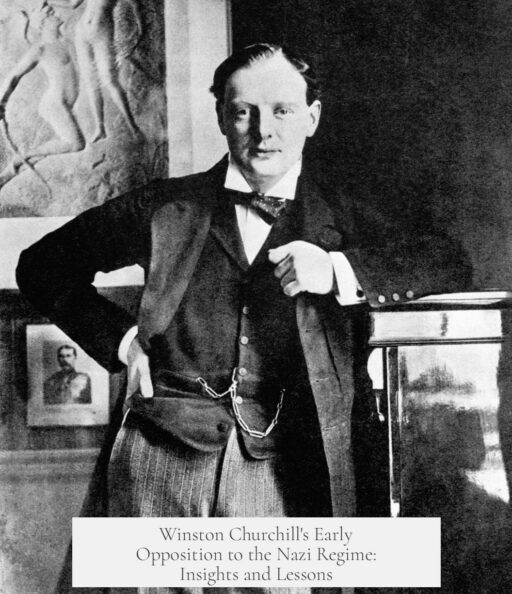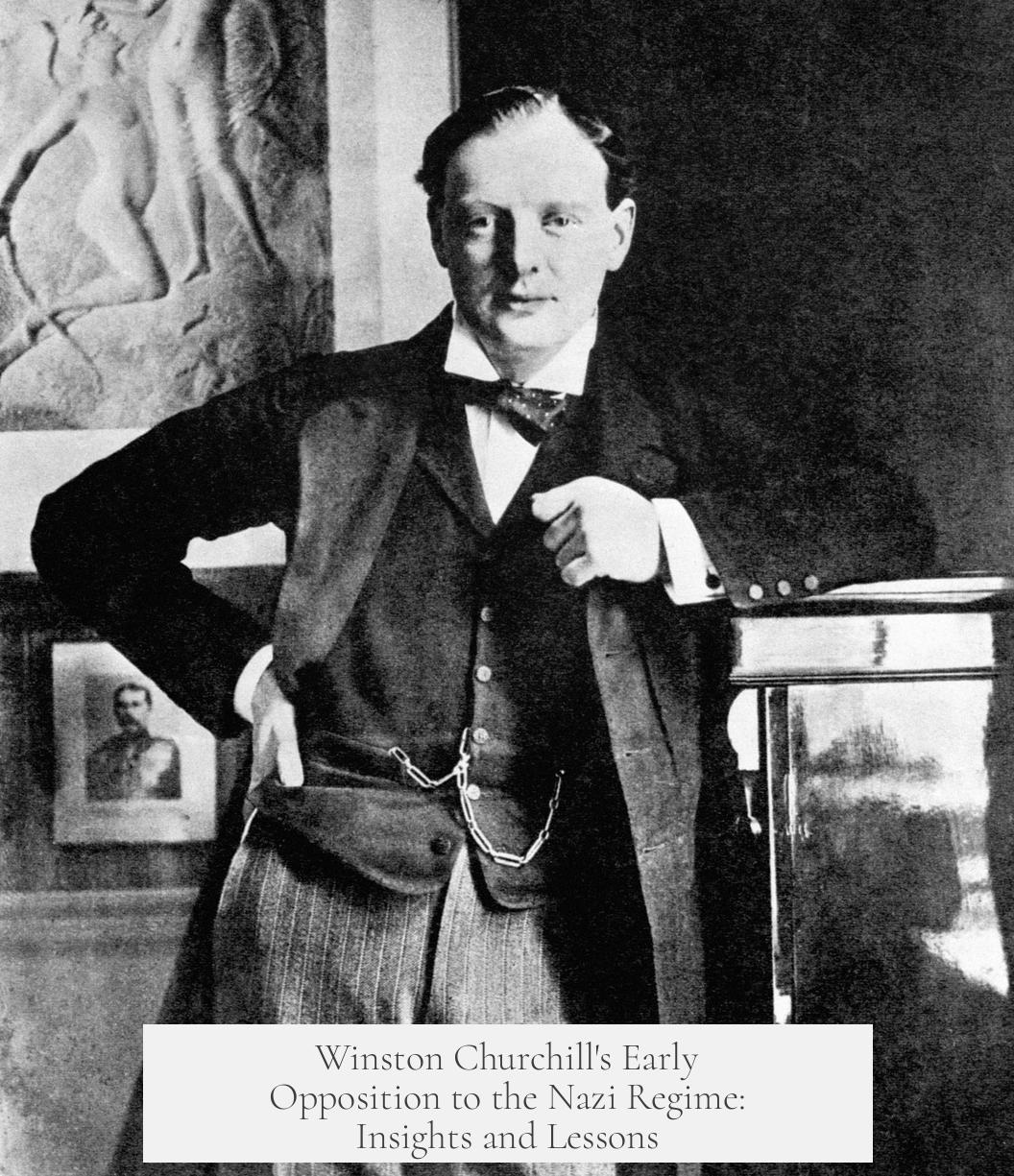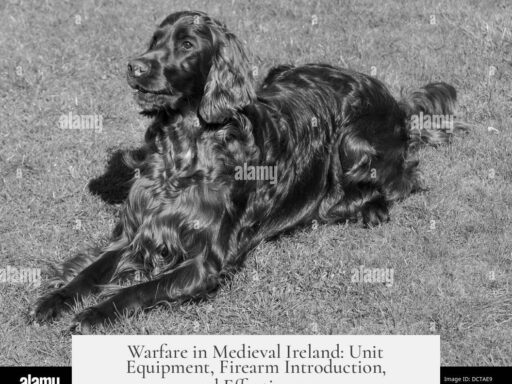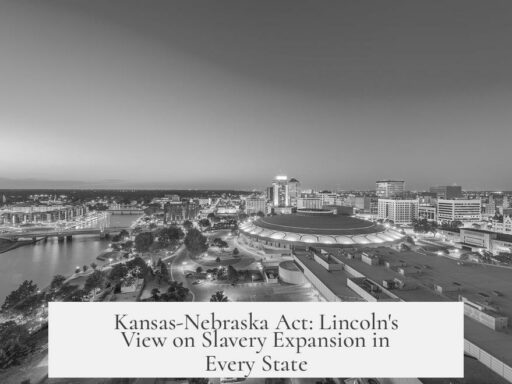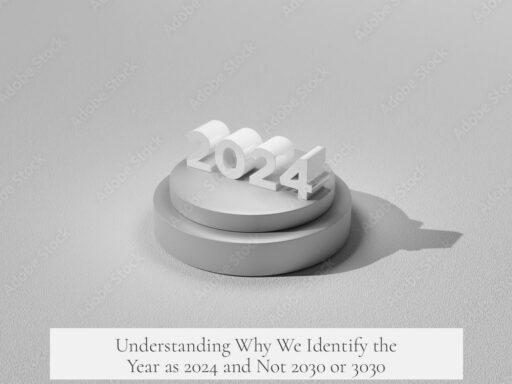Winston Churchill was an early and unwavering opponent of the Nazi regime because he recognized the existential threat posed by Adolf Hitler’s aggressive ambitions and fanatic ideology well before many of his contemporaries. His opposition stemmed from a clear understanding that peace could only be secured through strength and deterrence, a conviction supported by his deep study of Hitler’s aims and his criticism of Britain’s prevailing pacifist policies.
Churchill consistently advocated for peace, but his approach differed sharply from many of his peers. Rather than relying on disarmament or appeasement, Churchill believed in “si vis pacem, para bellum”—if you want peace, prepare for war. Before World War I, this meant maintaining overwhelming naval superiority over Germany, building about 60% more British ships than German ones. Prior to World War II, he extended this logic to overall military power, emphasizing the need to build strength to deter aggression. His argument was clear: disarmament would not prevent conflict; instead, it risked inviting attack.
During the interwar years, however, Britain embraced pacifism, widely believing that eliminating weapons would eliminate war. This sentiment was so strong that in 1933, the Oxford Union passed a resolution stating they would under no circumstances fight for their country. The British establishment largely rejected Churchill’s warnings about Nazi Germany. Accepting his view meant acknowledging the inevitability of war and the need to rebuild British military capabilities—an unpopular and frightening prospect during that time.
Churchill’s early opposition to the Nazis was fueled by his clear-eyed assessment of Hitler’s fanaticism. He read Mein Kampf and understood that Hitler was not simply a nationalist like Kaiser Wilhelm II or a traditional military threat. Ambassador Sir Horace Rumbold, stationed in Berlin from 1928 to 1933, arrived at the same conclusion and warned London, but their views were largely ignored. Churchill saw that Nazism aimed not only to overturn the post-World War I order but to reshape the entire world balance of power through relentless expansion and force.
In speeches and writings, Churchill warned sharply about German rearmament. He cautioned that Germany’s demand wasn’t merely for equality in arms but a step toward renewed aggression and territorial conquest. He described the German youth enthusiastically preparing for war, not for symbolic status but to regain lost lands and colonies. This rearmament, he foresaw, would undermine the stability of multiple European countries and threaten global peace.
The British government and establishment repeatedly failed to heed these warnings, adopting a policy of appeasement that framed Hitler’s demands as final. Each concession was sold as preventing war. Yet Hitler repeatedly broke promises and intensified his aggression, from the remilitarization of the Rhineland to the annexation of Austria and the invasion of Czechoslovakia. It was only after the Munich Agreement crisis and Czechoslovakia’s conquest that the British ruling class began to acknowledge the danger Churchill had highlighted for years.
Key points about Churchill’s early opposition to the Nazi regime include:
- He believed peace required military strength and deterrence, not disarmament.
- He understood Hitler’s ideology as fanatical and expansionist from reading Mein Kampf.
- His warnings about German rearmament foresaw aggressive territorial ambitions.
- He opposed the widely held pacifist and appeasing attitudes within the British establishment.
- His stance was confirmed by repeated Nazi treaty violations leading up to World War II.
Why was Winston Churchill such a firm and early opponent to the Nazi regime?
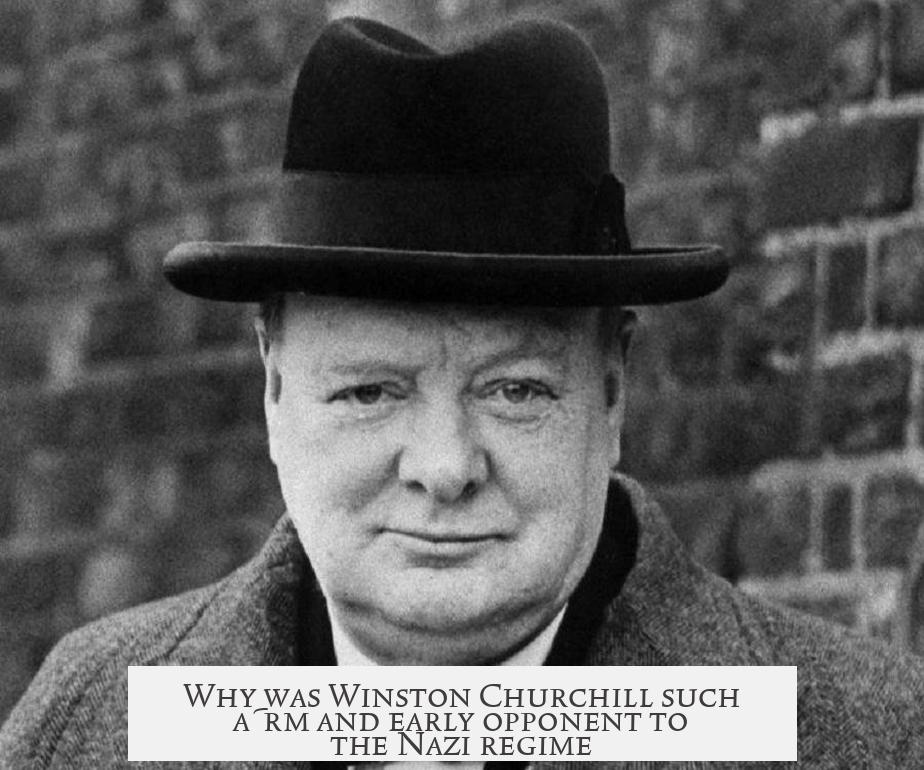
Winston Churchill’s firm and early opposition to the Nazi regime stemmed from his deep understanding of Adolf Hitler’s fanaticism and his foresight about the dangerous consequences of German rearmament. Unlike many in the British establishment, Churchill recognized early on that Hitler was not just seeking equality but aiming to overturn the entire world order.
In an era when peace was the predominant hope across Britain, Churchill stood out for his unique approach to securing peace—through strength. He followed the ancient principle of si vis pacem, para bellum, which means “If you want peace, prepare for war.” This strategy shaped his entire stance against the Nazis.
Before World War I, Churchill was already advocating for overwhelming naval strength. Britain maintained 60% more ships than Germany in an effort to discourage German naval expansion, hoping to coax Germany into a mutual ship-building moratorium. By the time World War II loomed, Churchill knew that naval dominance alone wouldn’t suffice; instead, he pushed for greater military preparedness across the board to deter aggression.
The Challenge of a Pacifist Britain
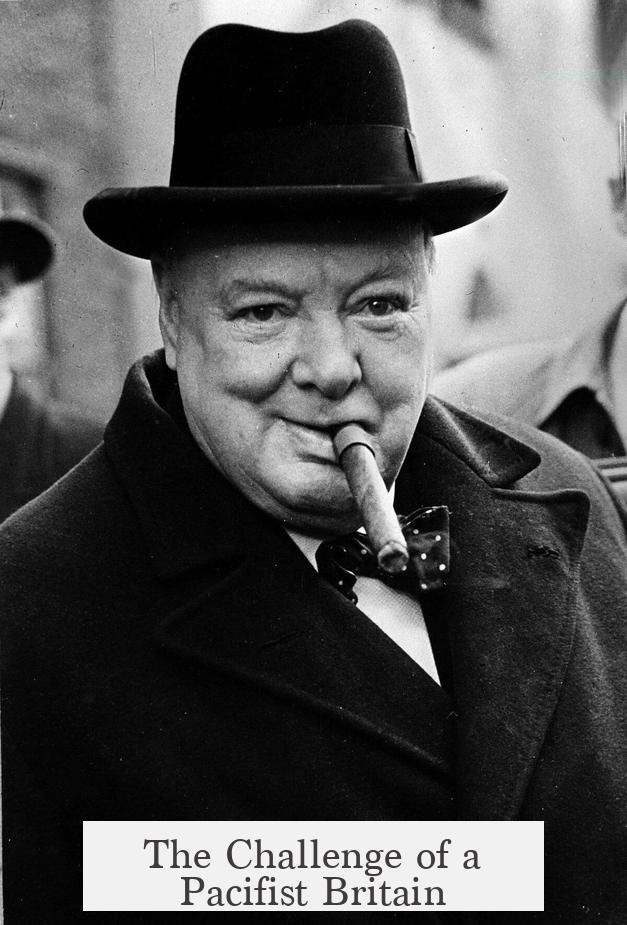
Churchill’s warnings clashed sharply with the prevailing mood in interwar Britain. The aftermath of the Great War ushered in a golden age of pacifism. Many believed that to stop war, you simply had to get rid of weapons. It was an appealing idea—war was hideous and, therefore, weapons must be the enemy.
This mindset made the British government unwilling to face harsh realities. Accepting Churchill’s view—accepting that war was almost inevitable if they failed to rearm—meant pushing a “war mentality” on a public that couldn’t stomach it. Consider this: in February 1933, the Oxford Union voted 275-152 that “this House will in no circumstances fight for King and Country.” Hardly the kind of atmosphere to rally an army.
Seeing Hitler for What He Really Was
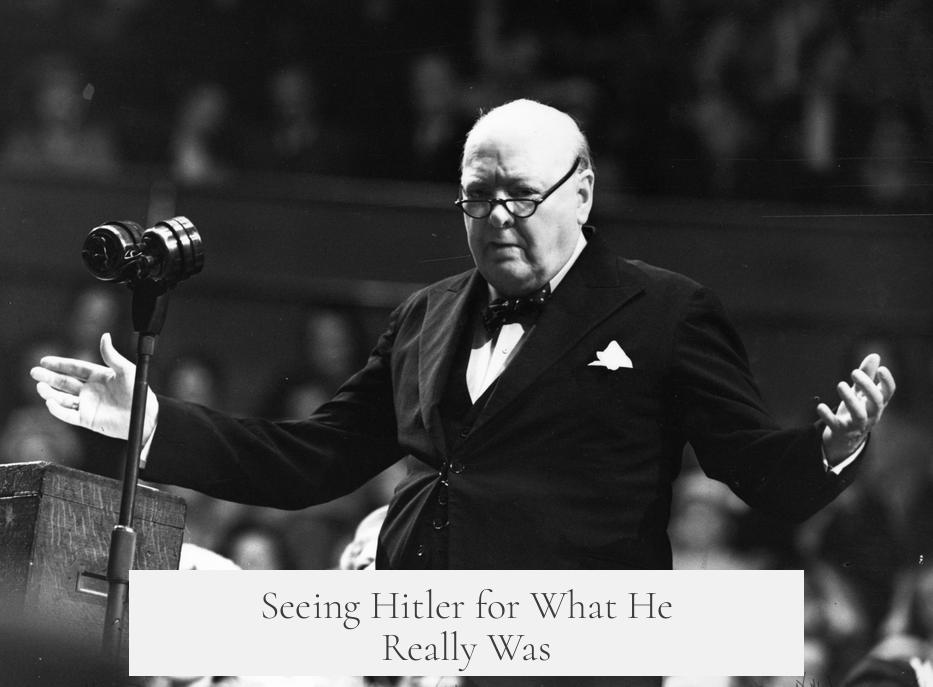
Here’s where Churchill earns his reputation as not just a politician but a visionary. Unlike many of his contemporaries, he didn’t dismiss Hitler as just another power-hungry leader like Wilhelm II or a temporary nuisance to be dealt with later. Churchill—and a few like Sir Horace Rumbold, then Ambassador to Berlin—read Mein Kampf carefully. They understood that Hitler was a fanatic.
Churchill’s experiences, from meeting the Kaiser to witnessing fanatics in the Sudan Campaign, sharpened his ability to identify dangerous extremism. He knew the Nazi regime wasn’t merely seeking to correct an unfair peace treaty; it was building a new, aggressive world order. That insight set him apart.
Warnings About German Rearmament: Not Just Equality, But Expansion
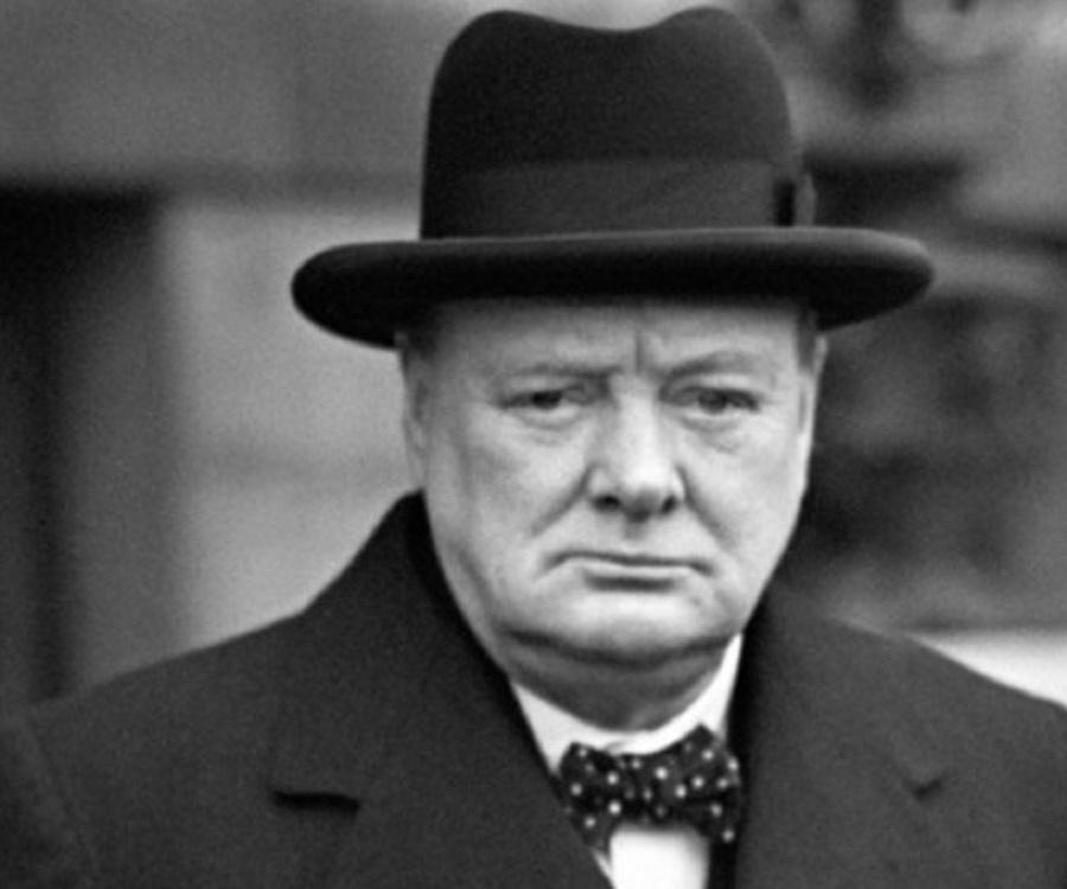
“Do not delude yourselves… All these bands of sturdy Teutonic youths, marching along the streets and roads of Germany, with the light in their eyes of desire to suffer for their Fatherland, are not looking for status. They are looking for weapons… when they have the weapons, they will ask for the return, the restoration of lost territories and lost colonies…”
— Winston Churchill, addressing British Parliament
Churchill repeatedly warned that Germany’s demands were not restrained to ‘equal status’ but signaled aggressive intentions. The “sturdy youths” weren’t just marching for pride; they were gearing up for conquest. He forecast that once rearmed, Germany would shake or even shatter Europe’s peace.
Yet these warnings fell on deaf ears. The British establishment clung to hopes that Hitler’s latest demands were the “last acts.” Each time Hitler broke promises, the government convinced itself it was misunderstanding the man, hoping for peace without conflict. This denial delayed Britain’s rearmament, a costly postponement.
What Can We Learn From Churchill’s Early Opposition?
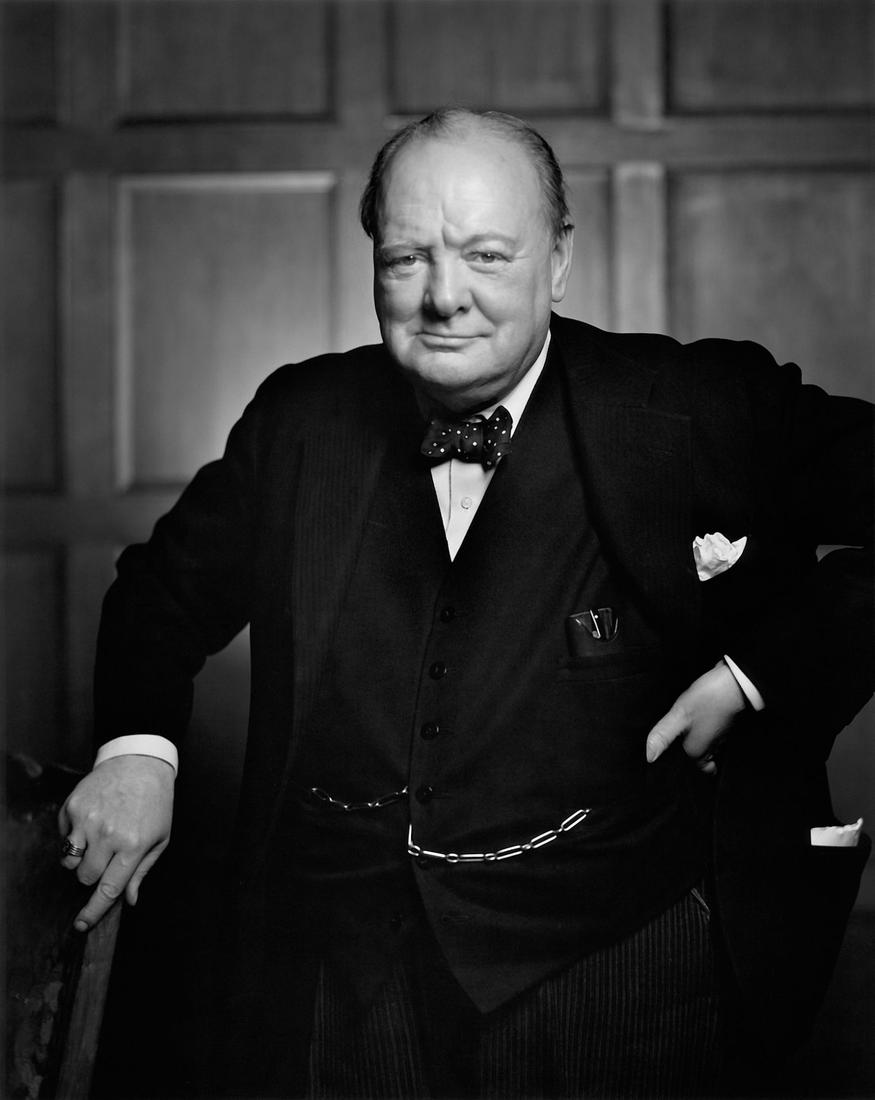
Churchill’s stance teaches an important lesson about leadership and foresight. Real peace sometimes requires facing uncomfortable truths. His blend of advocating for peace with a readiness for war demonstrated strategic clarity. Britain needed deterrence, not denial.
Are there modern parallels where ignoring early warnings led to even bigger problems? Probably. Churchill’s ability to read the signs, see the fanaticism, and grasp the broader danger saved his country. In retrospect, it was his stubborn insistence on preparedness that ultimately helped rally Britain during its darkest hours.
By embracing strength as a path to peace, Churchill shifted the debate from naive pacifism to practical security. He saw what others wouldn’t and acted when it counted.
How might today’s leaders benefit from Churchill’s example? Perhaps by balancing hope with realism, they can better prepare for threats, however unpalatable. After all, in international affairs, ignoring a fanatic isn’t peace—it’s a ticking time bomb.
Summary: The Early Warning of a Stalwart Leader
- Churchill’s advocacy was grounded in peace through deterrence, not blind pacifism.
- He understood Hitler’s fanaticism from reading Mein Kampf and observing Germany’s militarization.
- The British pacifist mood hindered timely rearmament and acceptance of the Nazi threat.
- Churchill warned repeatedly that German rearmament would lead to demands shaking Europe’s foundations.
- The establishment’s refusal to recognize the threat prolonged peace illusions, risking greater conflict.
In the end, Churchill’s foresight and unwavering opposition to Nazi Germany weren’t just acts of stubbornness—they were vital early warnings that shaped history. Britain might have been slow to listen, but when it did, Churchill’s voice helped light the way forward.
Why did Churchill favor peace through military strength rather than disarmament?
Churchill believed peace came from strong deterrence. He thought showing overwhelming military power would prevent conflict by discouraging aggression.
How did Churchill’s views on Hitler differ from those of other British leaders?
Churchill saw Hitler as a dangerous fanatic, not just another leader like Wilhelm II. He understood from *Mein Kampf* that Hitler aimed to disrupt the world order.
What was the British public’s attitude toward war during the interwar years?
Most Britons strongly opposed war. Groups like the Oxford Union officially voted against fighting for their country, making Churchill’s warnings unpopular.
Why did Churchill warn against allowing Germany to rearm?
He believed German rearmament was not about equal status. It was a step toward regaining lost territories and colonies, threatening Europe’s stability.
How did the British establishment react to Hitler’s early moves?
They often dismissed them as final demands and chose to believe Hitler’s promises. This led to repeated surprises as Hitler broke agreements and expanded aggression.
